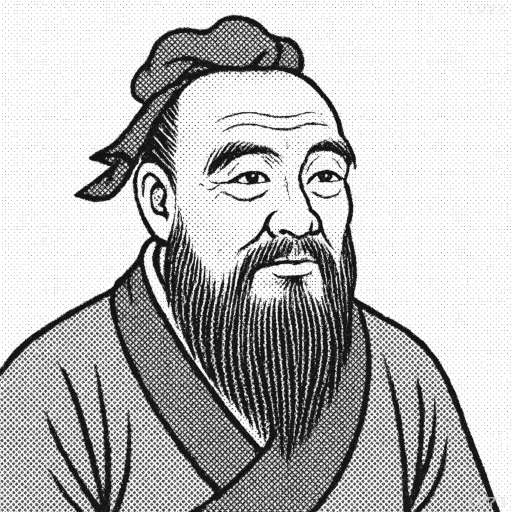“The superior man is modest in his speech, but exceeds in his actions.”

- 551 BC – 479 BC
- Han ethnicity
- Philosopher, educator, politician
table of contents
Quote
“The superior man is modest in his speech, but exceeds in his actions.”
Explanation
In this saying, Confucius highlights the virtue of humility and integrity in the “superior man.” He suggests that a person of true character speaks modestly, refraining from boastful or exaggerated language, but lets their actions speak louder than words. For Confucius, what matters is not what one claims to do, but what one actually accomplishes. The “superior man” thus earns respect through demonstrated results rather than self-promotion.
This wisdom is especially relevant today, where words and appearances often carry considerable weight, sometimes overshadowing genuine action. In personal and professional relationships, actions reveal true intentions and capability. For example, a leader who promises positive change but fails to deliver may lose credibility, whereas a leader who humbly communicates but consistently follows through with impactful actions gains genuine respect and trust. Modesty in speech and strength in action also create a foundation of reliability and integrity.
Confucius’s teaching reminds us that character is defined by actions. By embracing humility and focusing on our deeds, we foster authenticity and trust. This approach encourages us to let our work speak for itself, contributing to a life of purpose and respect built on the quiet power of integrity and meaningful accomplishment.
Would you like to share your impressions or related stories about this quote in the comments section?


